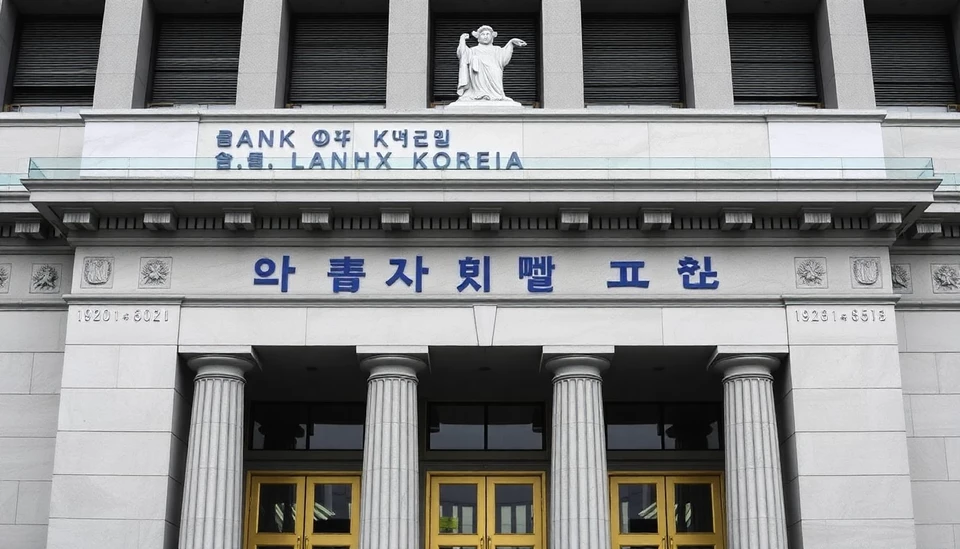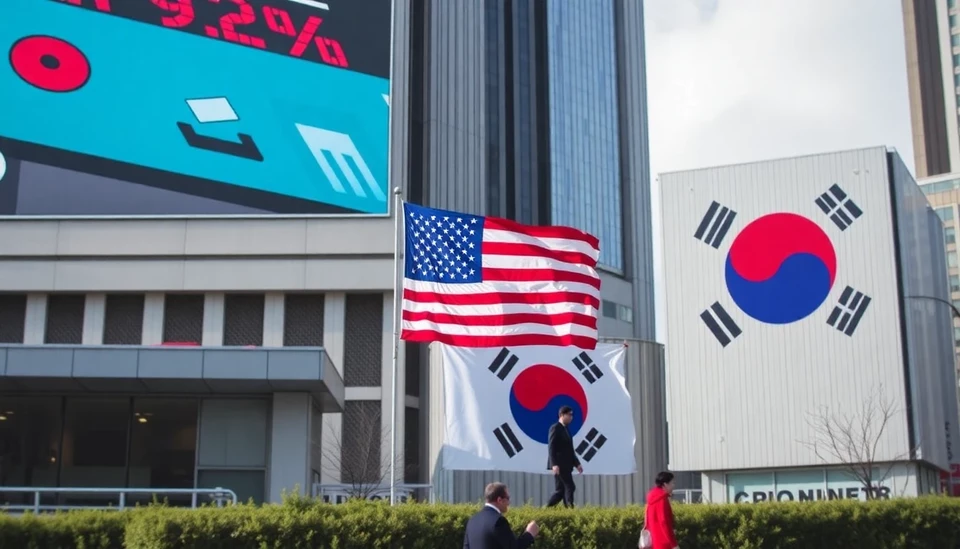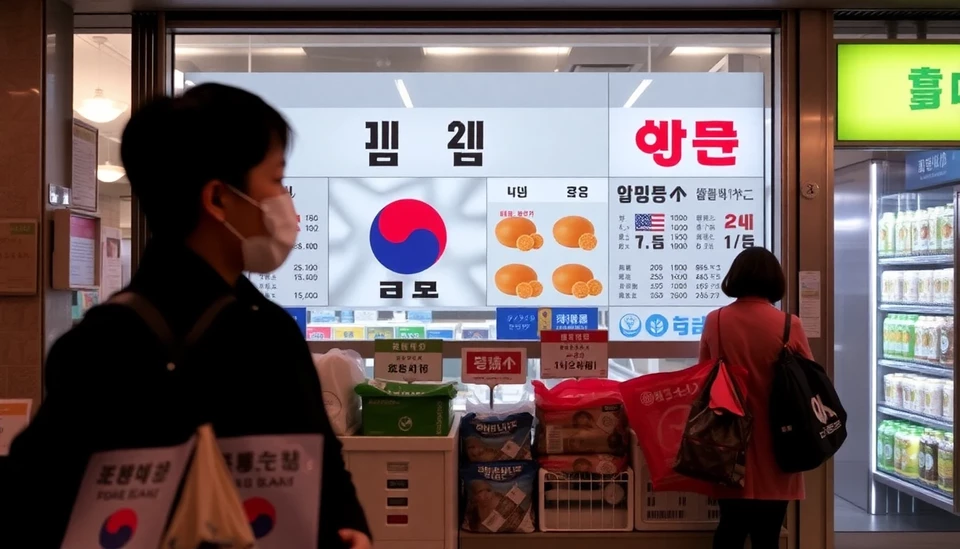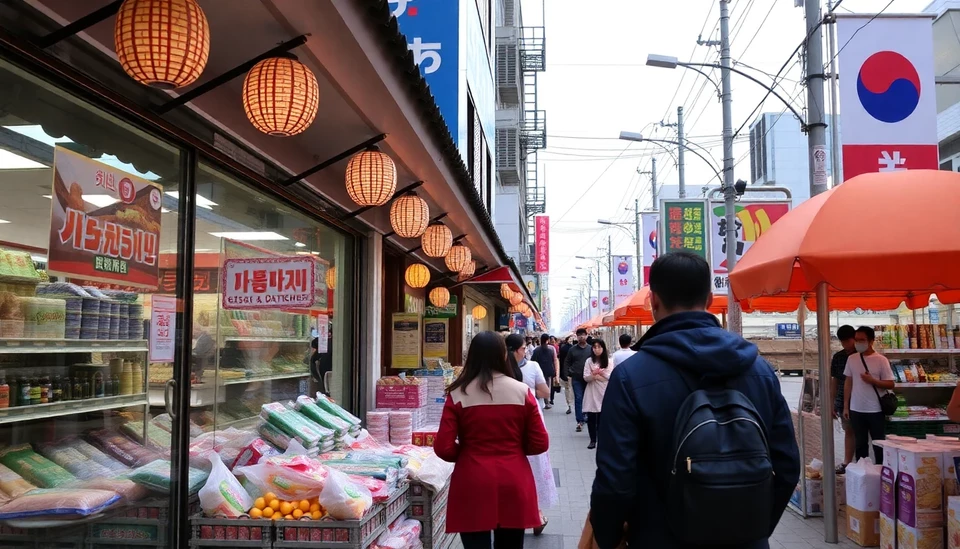
In a critical decision impacting South Korea's economic landscape, the Bank of Korea (BOK) is anticipated to keep its benchmark interest rate steady during its upcoming policy meeting, aiming to stabilize the Korean won amid global financial uncertainties. This move comes as inflationary pressures and economic fluctuations continue to challenge policymakers.
The BOK's decision, scheduled for later this month, is largely viewed as a strategic step to maintain the stability of the South Korean currency. Analysts predict that the central bank will refrain from changing the current rate, currently set at 3.50%, amidst concerns surrounding economic growth and financial market volatility, particularly in the wake of rising interest rates worldwide.
Market analysts have pointed to the strengthening dollar, which has put additional downward pressure on the won. Many economists believe that holding steady on rates is necessary to prevent further depreciation of the currency, which could exacerbate inflation and impact consumer purchasing power. Additionally, the BOK faces the challenge of balancing rising domestic prices with the need for economic growth, making the decision even more critical.
Recent data indicated that inflation was cooling down, allowing the BOK to consider a pause on rate hikes while continuing to monitor global economic conditions closely. Should the central bank decide to maintain the current interest rate, it would mark a significant standstill in its monetary policy after a series of rate increases initiated to combat inflation that had previously soared to a 14-year high.
Addressing the impact of international markets, the BOK expressed considerations regarding the Federal Reserve’s monetary policy, which influences global interest rates. The rising rates in the U.S. have contributed to a strengthening of the dollar, prompting South Korea to act cautiously to defend its currency. The decision not to adjust rates could, therefore, be interpreted as a proactive measure to buffer against external economic shocks.
In the broader economic context, South Korea's GDP growth prospects are under scrutiny. The BOK’s assessment will need to navigate uncertainties stemming from supply chain disruptions, changing consumer behavior, and geopolitical tensions, particularly lingering effects from global trade disputes.
In summary, with a focus on maintaining currency stability and mitigating inflation risks, all eyes are on the BOK ahead of the upcoming monetary policy decision. This strategic pause in interest rates could serve as a pivotal moment for the Korean economy as it navigates a complex global financial environment.
As the market awaits further clarification from the central bank, stakeholders continue to analyze both domestic and international economic indicators that may shape future policy directions.
Follow this story as we keep you updated on the Bank of Korea's decision and its implications for the country's economy.
#BankOfKorea #InterestRates #KoreanWon #EconomicPolicy #Inflation #CurrencyStability #FinancialMarket #CentralBank
Author: Rachel Greene




